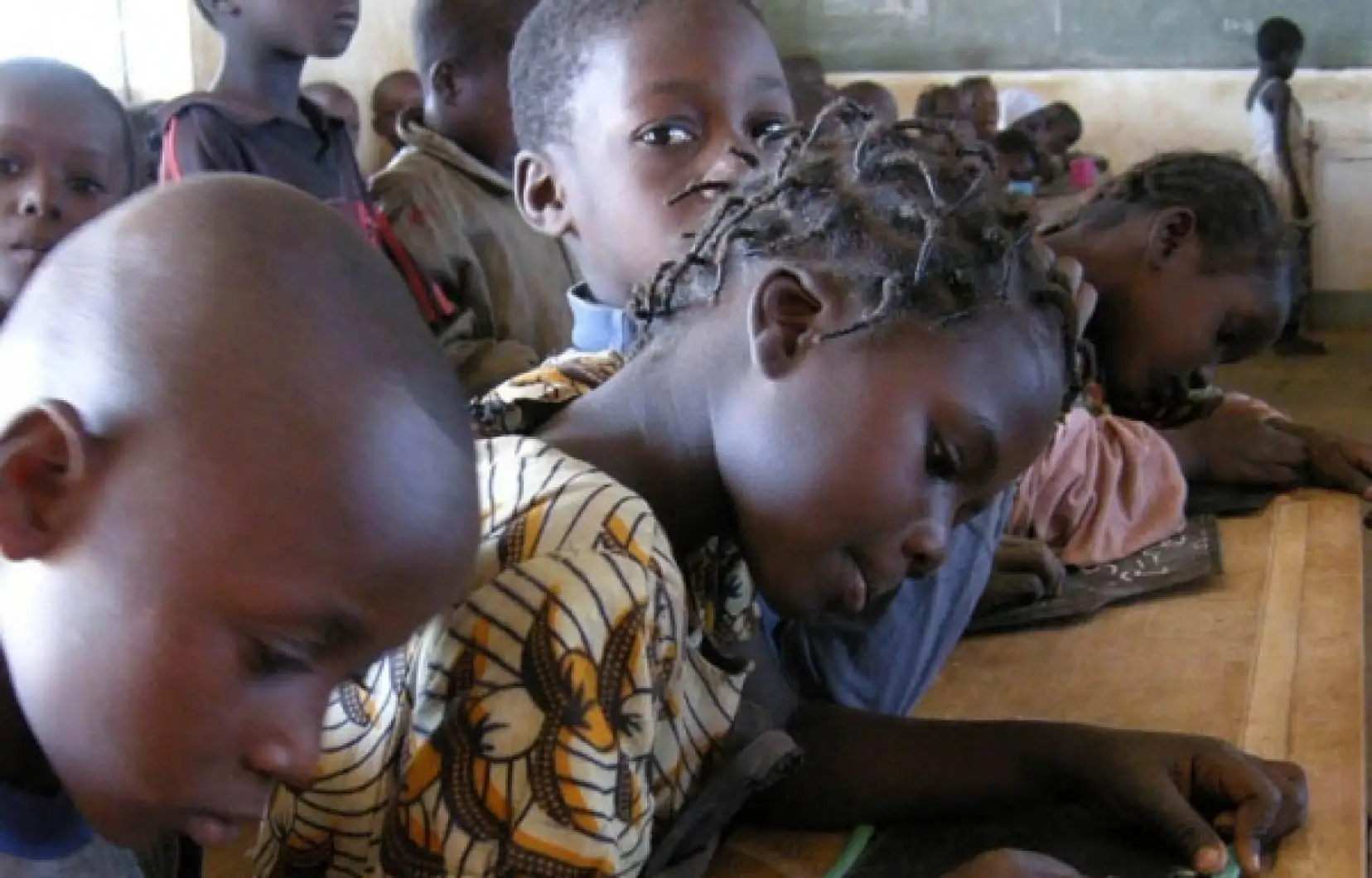Today, it is estimated that more than 132 million girls are out of school globally. Despite the significant efforts made over the last 20 years to increase girls’ education, girls are still disproportionately represented in education in comparison to boys. On the African continent, girls are often kept out of school due to traditional and cultural norms that dictate that girls must stay in the home and take care of the children. Our gender equality consulting firm found that according to Amnesty International, cultural pressures to marry, look after the house, have children and attend to their husband’s needs are the most common reason stopping girls from being educated. As much is so in the small West African nation of Burkina Faso.
Burkina Faso is considered to be a low-income country and ranks 183 on the United Nation’s human development index out of 189 countries making poverty an additional factor keeping girls out of school. The growing insecurity in the Sahel region of the country has made going to school difficult for all children and it is thought that as of 2022, as many as 300 000 children were out of school as a result of the growing conflict. Dozens of teachers have been attacked and some even killed by militant extremists.
However, for young girls in Burkina Faso, one of the greatest threats to their education, is at school itself. As in much of Africa, sexual violence from male teachers and other students in schools, is a serious problem and prevents girls from being able to receive a proper education. The Directorate-General of Global Affairs, Develop and Partnerships for example, found that 12.8% of secondary school students in Burkina Faso reported attempted rape from fellow students, 44.9% said that male teachers send female student’s sexual texts and 23.6% reported male teachers trying to sexually seduce female students.
A ADEP and Oxfam-Quebec in Burkina Faso, found that 13 percent of students had been the victims of sexual harassment in schools and 40 percent said that they were aware that sexual harassment took place in their school. Findings from the World Bank Group’s Women, Business and the Law report also showed that throughout the west and central Africa, university professors ask students for sexual favours in return for good grades.
The sexual harassment of girls in schools is jokingly referred to as MST moyenne sexuellement transmise or sexually transmitted grades, according to the Directorate-General of Global Affairs, Development and Partnerships, which is a play on the French word for STD. Such trivializing terminology indicates the lack of seriousness given to the problem.
The widespread nature of sexual harassment of girls in schools in Burkina Faso can largely be attributed to patriarchal attitudes that deem men superior to women and generally allow space for males to dominate the bodies of females. Gender-based violence (GBV) is widespread in Burkina Faso and according to a report published by the Inter-Parliamentary Union, 34 percent of women have experienced some type of physical violence. Of those reported cases, two-thirds of the abuse came from the husband. Practices such as female genital mutilation (FGM) are also commonplace in Burkina Faso as is child marriage. According to Unicef, of women aged between 18–49 years, 42.3 percent have been subjected to both child marriage and FGM. Such practices demean the value of women and reinforce attitudes that women’s bodies are open targets for men.
While there are several laws against sexual harassment in Burkina Faso, the government has struggled to enforce these laws, largely due to the widespread cultural acceptance of sexual harassment. Much more stringent laws are needed to protect girls in schools and more efforts should be made to ensure that these laws are properly implemented and enforced.
Several other African countries have made efforts to implement laws to protect girls from sexual harassment in schools. According to Women, Business and the Law, in Kenya for example, the High Court has demanded all forms of sexual and gender-based violence in schools are a violation of girl’s constitutional right to education. In 2014, Mozambique put into place a new penal code that includes protections against sexual harassment in schools and punishes perpetrators with a fine. In the same year, Egypt also reformed its legislation by criminalizing sexual harassment in employment, education and public spaces. As a Burkina Faso Benin consulting firm, Burkina Faso, Cameroon, Guinea, Mali, Niger, Senegal, Togo and Rwanda also have legislation to protect children that includes sexual violence at school.
According to the Sustainable Development Goal no 4., ensuring quality education and a violence-free learning environment is a fundamental human right. Goal 5 requires the elimination of all forms of violence and discrimination against women. In accordance with both these goals, it is essential that girls are given the right to go to school without the fear of discrimination, violence and especially from being sexually harassed by their teachers or fellow students. This practice of ‘sexually transmitted grades’ must be made unacceptable at all times and it must be ensured, that boys do not grow up witnessing female bodies as being open targets for harassment. In Burkina Faso and throughout the world, we must work together to ensure that all children have the right to go to school free from sexual harassment as their fundamental human right.
Footnotes
https://www.unicef.org/wca/media/5411/file/UNICEF-WCARO-Central-Sahel-Advocacy-October-2020.pdf
https://blogs.worldbank.org/voices/sexual-harassment-robbing-many-girls-school-education
https://www.diplomatie.gouv.fr/IMG/pdf/Rapport_Violences_de_genre_GB_bd_cle0d9e43.pdf
https://www.hrw.org/world-report/2022/country-chapters/burkina-faso
https://borgenproject.org/girls-education-in-burkina-faso/
https://www.unicef.org/media/111366/file/Child-marriage-country-profile-Burkina-Faso-2021.pdf
https://www.borgenmagazine.com/human-rights-in-burkina-faso-major-concern/





